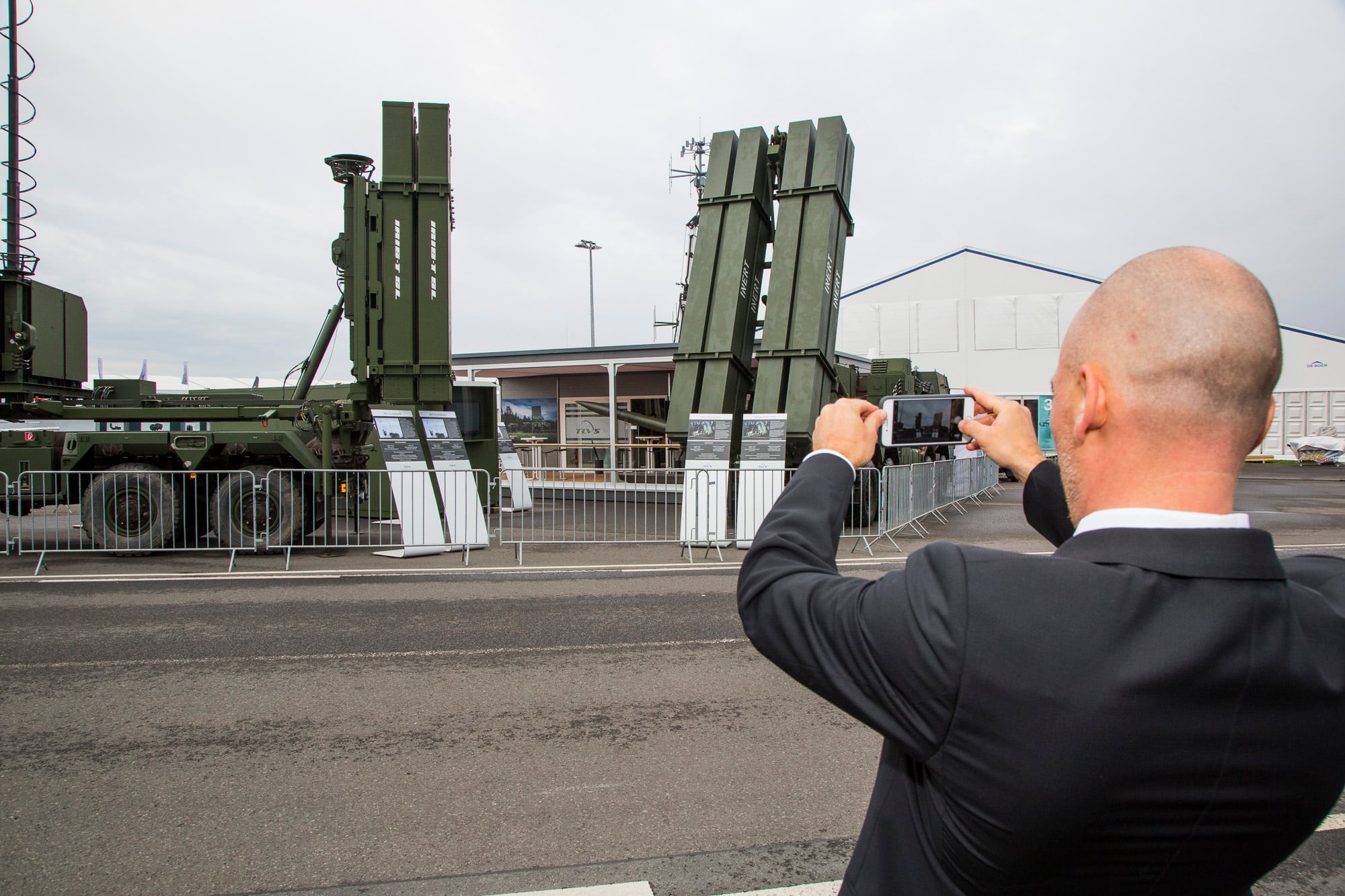COLOGNE, Germany — The German government has rebutted a U.S. request for ground troops in Syria, setting in motion a familiar script of celebration and condemnation across political camps in Berlin that shows how divided Europe’s economic powerhouse remains on the use of its military.
Government spokesman Steffen Seibert delivered the message almost in passing at a news conference in Berlin on Monday, following repeated questioning by reporters. While Germany recognizes the continued threat posed by the Islamic State group, he said, Berlin considers the current force package approved by parliament as the yardstick for the way forward.
That mandate, which expires at the end of October, includes Tornado surveillance missions over Iraq and Syria as well as aerial-refueling capabilities. Ground troops are in no way part of it, Seibert reminded journalists.
James Jeffrey, the U.S. special envoy for Syria and the fight against ISIS, told German media that Washington is looking for allies to pick up the slack when its troops begin to leave. The request for boots on the ground follows a previous U.S. campaign around the Munich Security Conference in February when high-ranking American officials felt out German leaders on the government’s willingness to jump in.
Sending the Bundeswehr to hot spots, especially when requested by the Trump administration, is always a hard sell in Germany. And because the U.S. president has shown outright disdain for Germany, chastising the country as a slacker on defense spending, some analysts suspect the latest troop request could be just another move to make Berlin look bad.
RELATED

What gets lost in the politicking, however, is a serious debate on the merits of including ground forces in Germany’s engagement against ISIS, said Christian Mölling, a senior analyst with the German Council on Foreign Relations. Instead of Berlin dismissing the idea outright, he told Defense News, officials should have asked for U.S. clarification about exactly what the Bundeswehr is needed to do in Syria, and make a decision based on that.
Calling the defeat of ISIS a matter of “European security,” Mölling said: “If the Americans no longer put themselves on the line, things will get worse.”
The militant group has lost considerable ground throughout Iraq and Syria in recent years. But officials have said the threat of a resurgence remains, as terrorists build a shadow network that is hard to pursue for Western forces.
The debate over Germany’s role in all of it flared up on Twitter this week. Opposition lawmakers were quick to point out that the existing parliamentary authorization cannot — or should not — simply be modified to include German ground troops.
Others have lamented that the purely procedural arguments against such a deployment make it impossible to debate the issue from the perspective of German strategic objectives.
Carlo Masala, a professor for international relations at the Bundeswehr University Munich, tweeted that replacing U.S. troops with German forces would make sense. “But try explaining our non-debate on this issue to any of our partners and allies.”
Meanwhile, Foreign Policy reported Tuesday that France and Britain agreed to slightly augment their troop contingents in Syria to allow for some American troops to leave.
Sebastian Sprenger is associate editor for Europe at Defense News, reporting on the state of the defense market in the region, and on U.S.-Europe cooperation and multi-national investments in defense and global security. Previously he served as managing editor for Defense News. He is based in Cologne, Germany.






